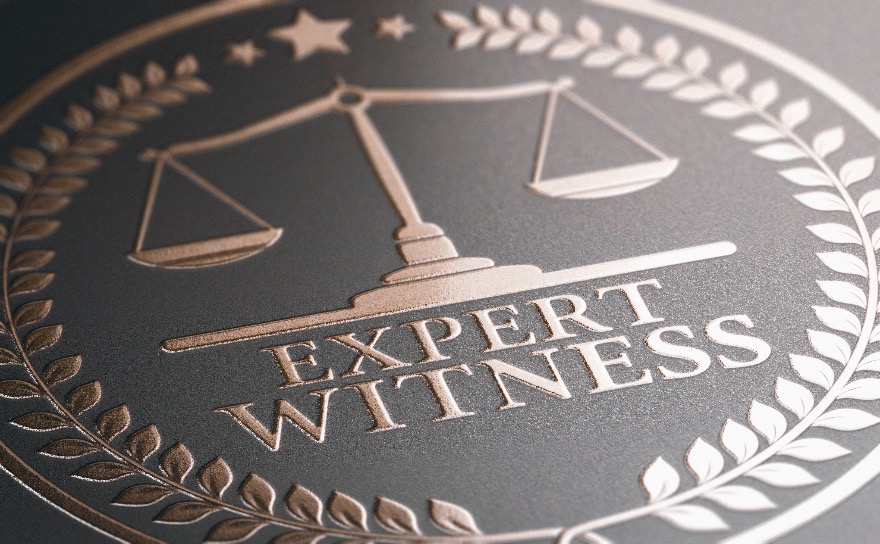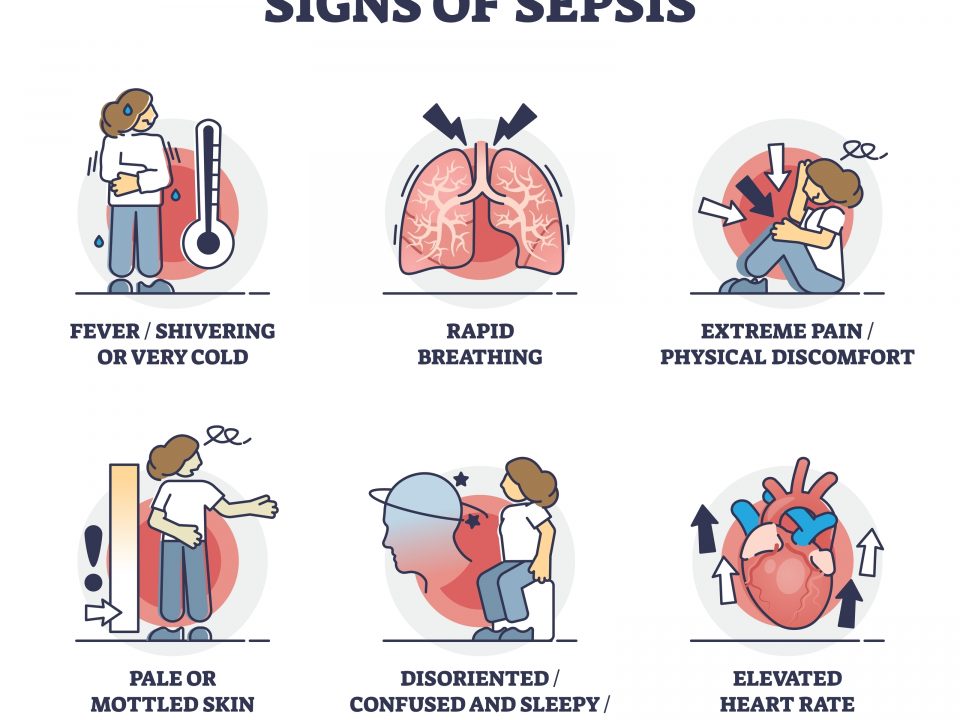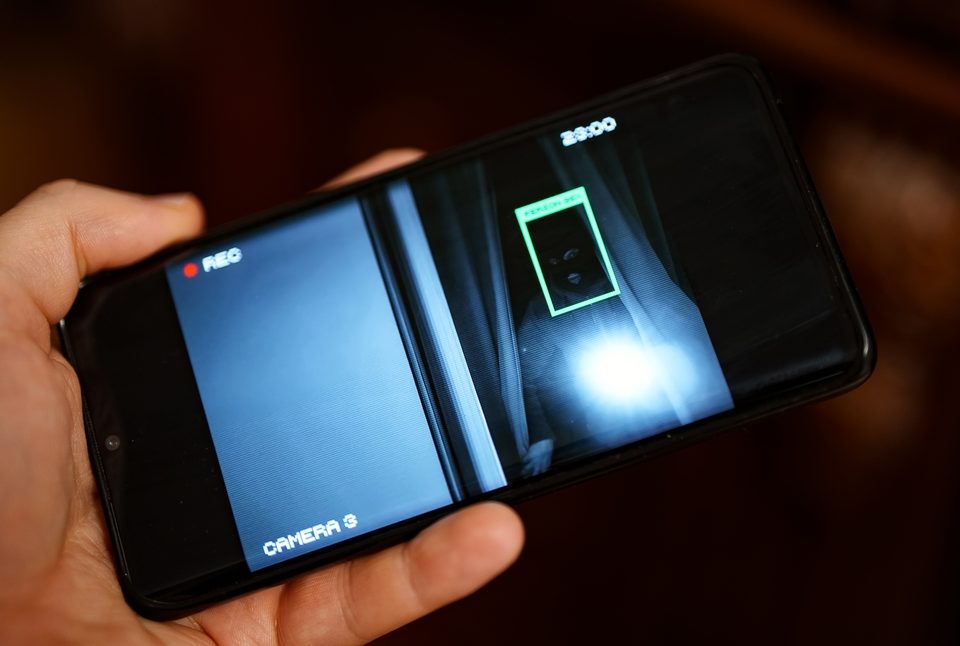
8 Ways To Self Examine Your Expert Witness Ability
31st October 2022
What is an Expert Witness?
27th January 2023It is now widely understood that concussion can occur after a mild or moderate head injury, either traumatic brain injury or extra-cranial trauma, and occurs whether or not there has been a loss of consciousness.
Post-concussion syndrome is a complication of concussion which presents as a cluster of symptoms occurring after a concussion. Studies carried out in the US in 2003 found that incidences of mild traumatic brain injury (TBI) were much higher than previously thought and that Emergency Department attendances as a result of TBI amounted to around 500,000 visits and around 200,000 hospitalisations.
Common Symptoms of Post-Concussion Syndrome
The symptoms most commonly seen in patients attending the Emergency Department include:
- Headache
- Confusion
- Dizziness
- Memory loss
- Problems in concentrating
- Insomnia
- Fatigue
- Intolerance of stress, emotion, bright lights or alcohol
- Hearing loss or tinnitus
- Reduced sense of smell or taste
Vomiting or nausea and a temporary disturbance in the patient’s vision can present themselves as symptoms of a concussion immediately following a head injury.
A diagnosis of TBI and post-concussion syndrome requires a finding of a history of, or a previous incidence of, TBI together with the presentation of three or more of the above-mentioned symptoms.
Evaluation of Emotional Symptoms
As well as evaluation of any physical symptoms, patients should also be investigated for recurring emotional and behavioural symptoms which can be associated with post-concussion syndrome. These can include:
- Being more irritable or aggressive than before the injury
- Feeling increased anxiety and depression
- Disturbed sleep
- Appetite changes
- Personality changes
- Lack of energy or interest in things
Cognitive symptoms can include difficulty in remembering things, slower reaction times, and difficulty processing information or learning new things.
The symptoms of post-concussion syndrome last up to a few weeks in most cases but occasionally can linger for up to three to six months. In rare cases, some people will show symptoms a year or more post-injury.
Diagnosis and Treatment
For patients presenting with three or more of the recognised symptoms, as detailed previously, a history of the head injury should be taken to include details of any GCS score noted at resuscitation. Where there is evidence of severe of symptoms, a CT scan of the brain may be appropriate to assess any ongoing bleeding.
It may be necessary to obtain a history of any alcohol or substance dependence where appropriate, and whether there has been previous head or spinal injury.
A physical examination of the nervous system which includes muscle strength tests in the limbs along with testing of the reflexes, coordination and sensation can evaluate any damage. Memory tests such as the Selective Reminding test to measure verbal memory may also be appropriate.
There is no specific treatment for post-concussion syndrome other than advice on good sleep hygiene, avoidance of stress and further head injury. Medications such as painkillers, anti-nausea medication or anti-depressants can be prescribed.
For patients with troublesome and persistent symptoms, a referral to a neurologist or neuropsychologist can be made. Cognitive behavioural therapy can be helpful for some.




